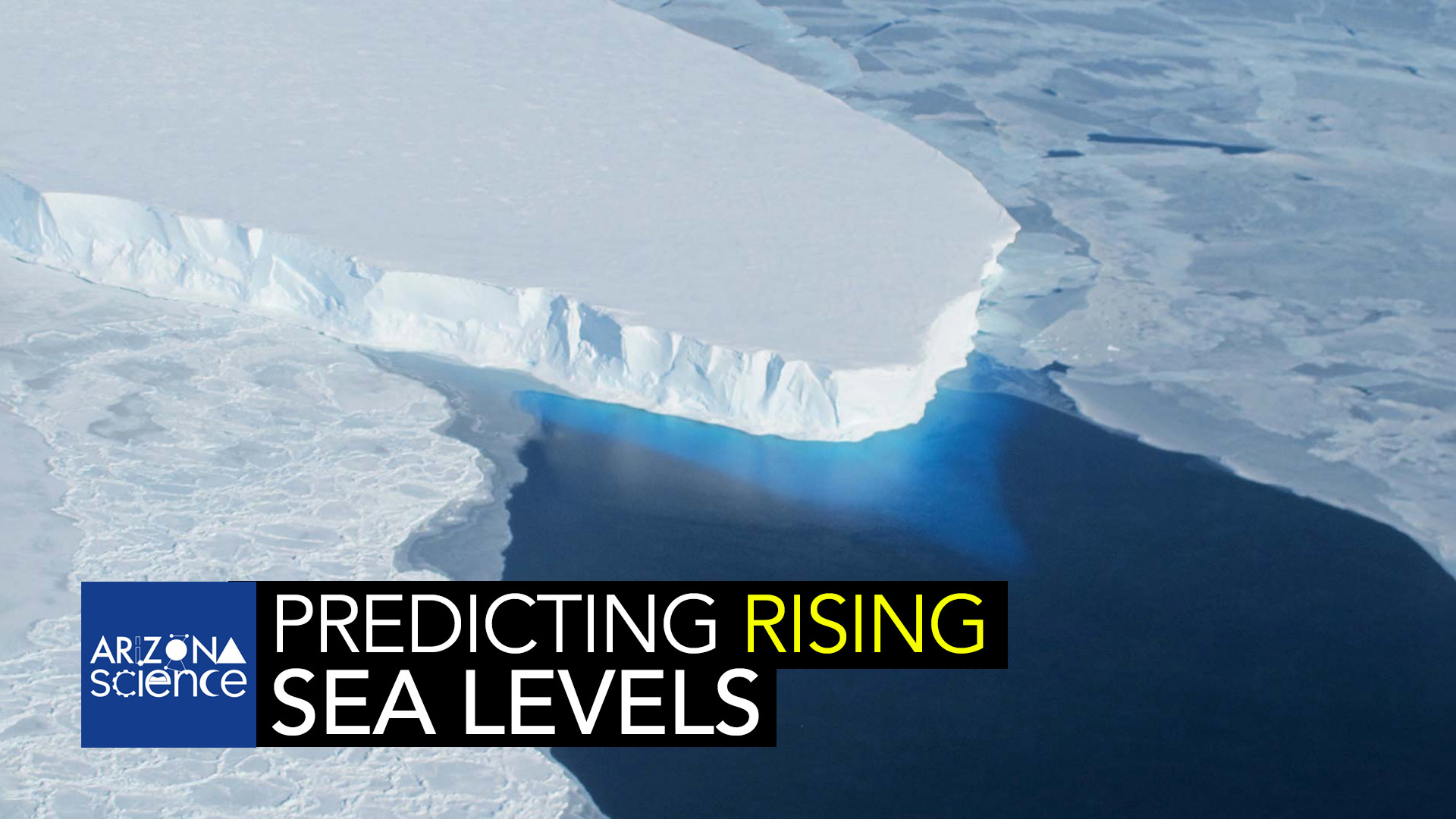 The Gravity Recovery and Climate Experiment has been measuring changes in Antarctic ice mass to help predict climate change.
The Gravity Recovery and Climate Experiment has been measuring changes in Antarctic ice mass to help predict climate change.
A pair of Earth orbiting satellites are giving University of Arizona scientists an accurate view of the impact of melting polar ice on the world's climate. The GRACE, or Gravity Recovery and Climate Experiment, has been measuring monthly changes in the Antarctic ice mass. The data is helping scientists determine the degree and speed of melting ice around the South Pole, which could bring a noticeable rise in sea levels worldwide.
Chris Harig is an assistant professor in Geophysics at the University of Arizona. His research looks at how climate change on the surface of the Earth interacts with the solid Earth below. He studies the mass balance of ice sheets and glaciers, and links local changes in the Earth's gravity to local causes. Tim Swindle of the University of Arizona Lunar Planetary Lab talks with Prof. Harig about the information coming back from the GRACE project.


By submitting your comments, you hereby give AZPM the right to post your comments and potentially use them in any other form of media operated by this institution.